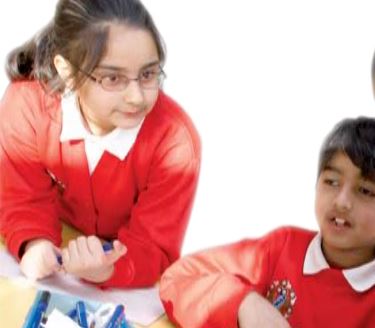
It is my argument that we can learn from P4C sessions to develop a curriculum structure where child-directed learning is at the very core of all that happens. I will break down the key features of P4C sessions and demonstrate how these features can be applied to a broader curriculum structure.
‘What value do philosophy sessions have within the curriculum?’
At this point I am sure that many people who are well practised in delivering philosophy sessions to children will be raising a slightly indignant eyebrow –they may wonder how I dare question the value of philosophy. I’d like to reassure you all at this point that indeed I am on your side. I truly think that philosophy sessions are of great value within the curriculum, but I would like to go further than this: I think the whole curriculum should be based upon the principles of P4C.
Let’s change the opening question slightly:
‘What value does a philosophy session during the third lesson on a Tuesday have within the curriculum?’
